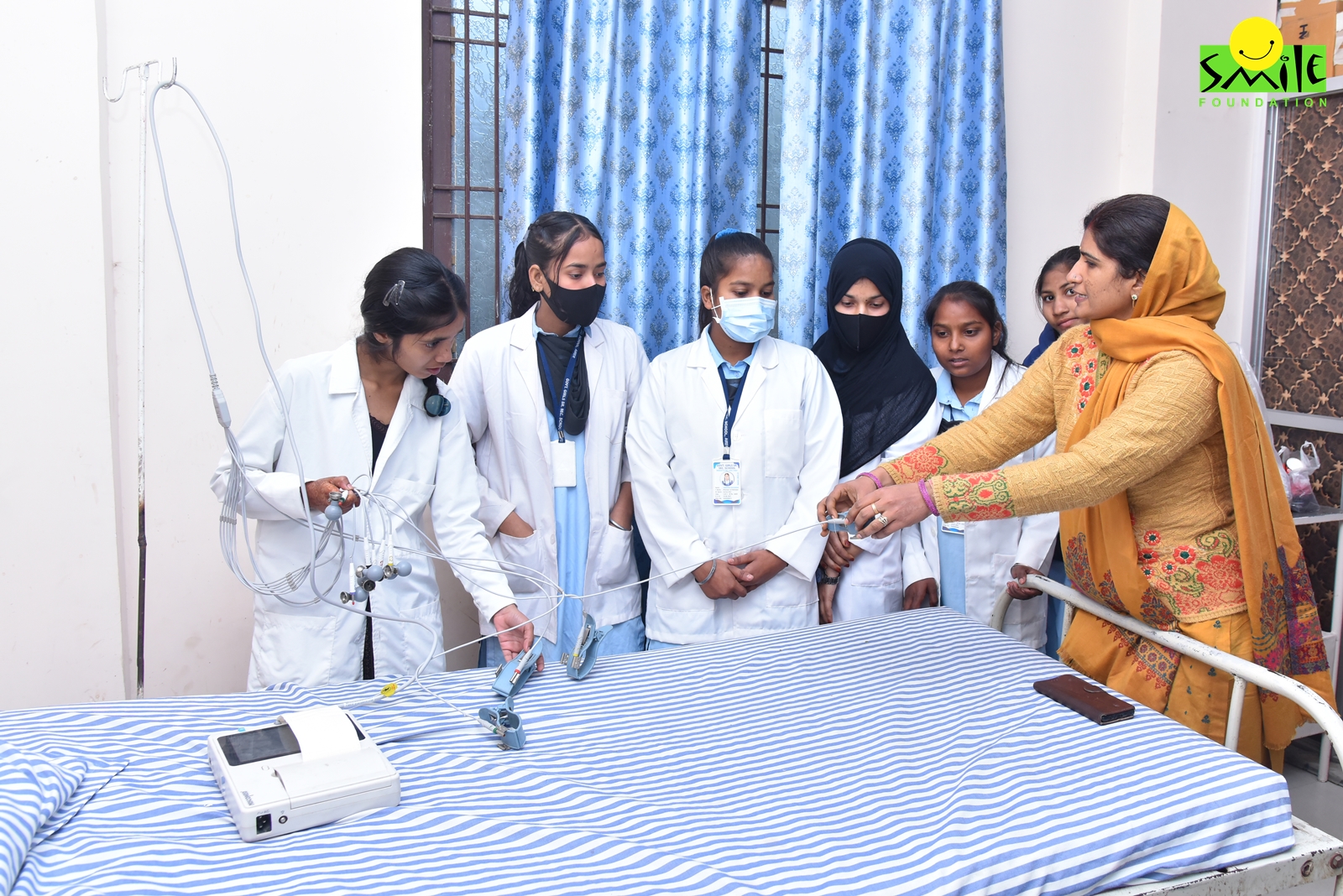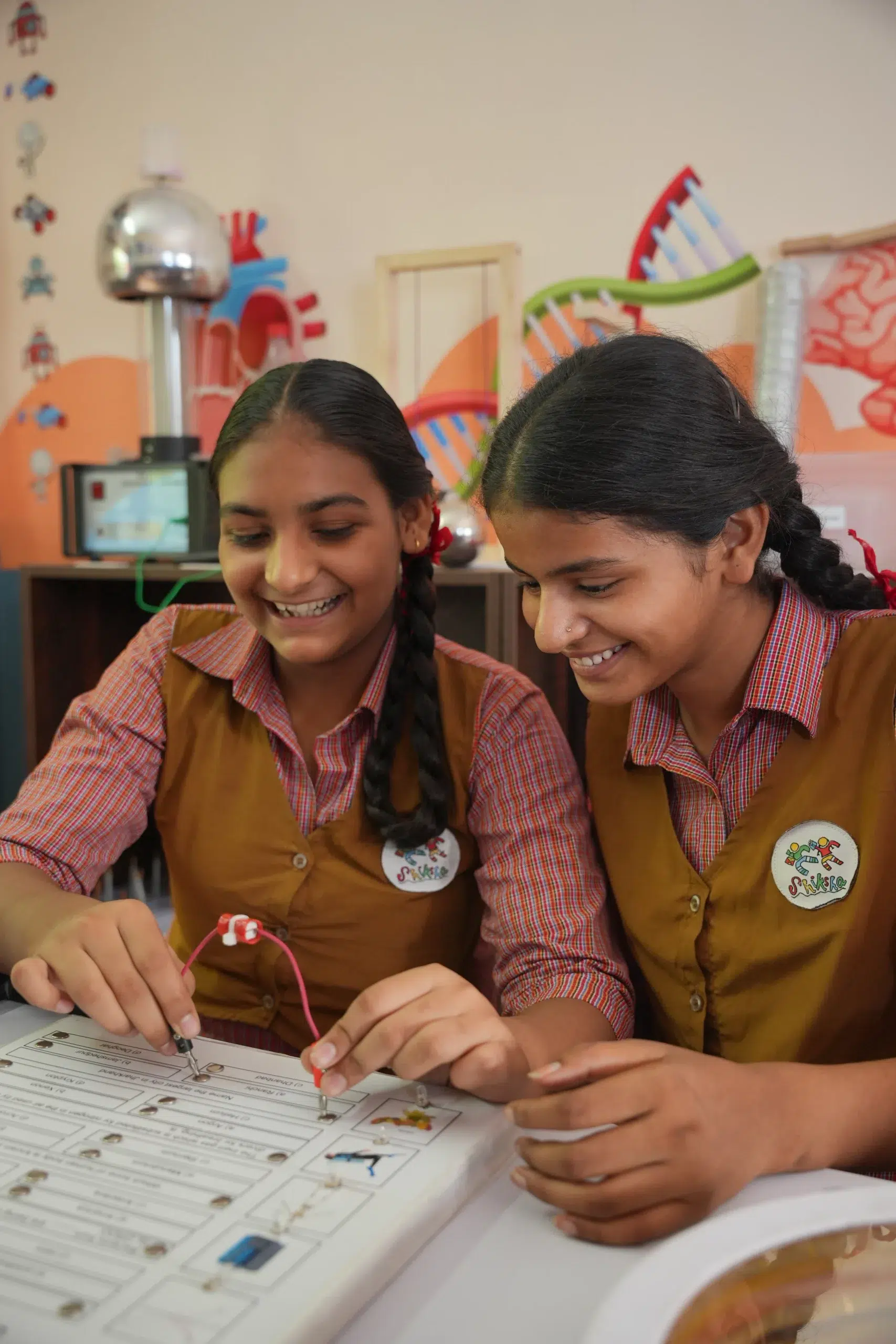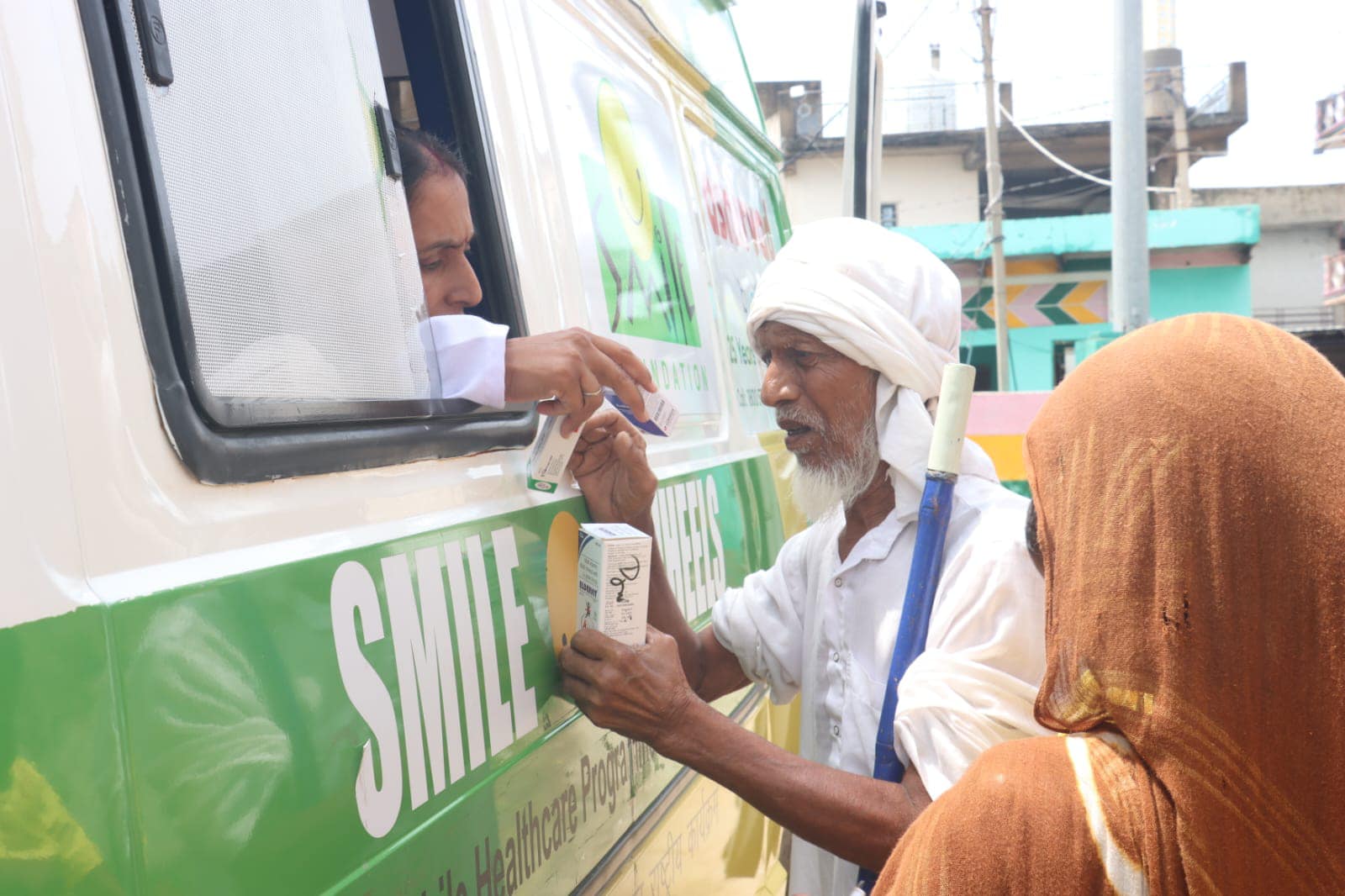Frontline workers are often the first to respond to medical emergencies, natural catastrophes, and socioeconomic upheavals. They encompass various local healthcare providers, from salaried staff, midwives, nurses, home-based caregivers, volunteers, nurses, doctors, and paramedics. The COVID-19 was a testament to their tireless work in packed hospitals, sometimes without proper protective equipment, motivated by a strong sense of responsibility. Their sacrifices underlined the need for a strong healthcare system and these individuals’ essential role in preserving public health.
A nation’s ability to build a resilient public healthcare system depends on strengthening and protecting its frontline workers. Investing in frontline health workers is imperative as they are central to last-mile service delivery and ensure comprehensive healthcare. Their contributions resonate deeply in the lives of every citizen every day, especially in rural India.
ASHA workers: Their role and significance
The World Health Organisation’s declaration of 2021 as the ‘Year of Health and Care Workers’ reaffirmed the significance of frontline health workers in enhancing public healthcare systems. Building on this, the G20 has made further efforts to improve their status as the countries came together to hinge on well-functioning health systems as part of Universal Health Coverage (UHC).
A UHC can only be achieved through a primary healthcare-based health system providing equitable and acceptable community services. In India, ASHA workers constitute the backbone of this primary healthcare. As grassroots workers, they are crucial in providing primary health care in rural areas. As an unavoidable component in bringing health services to the grassroots level by raising health awareness and mobilising the community for local health planning, ASHA workers are important in motivating people to use existing healthcare services and serving as liaisons between the community and the healthcare system. They collaborate with local self-governments to address the health needs of the community.
Promoting maternal child healthcare
With the introduction of the National Rural Health Programme, the ASHA framework was strengthened, and various reports showed how this helped reduce several health indices, including maternal mortality ratio, infant mortality rate, and total fertility rate. Over the years, ASHA workers have increased maternal and child health service use in rural India. ASHA workers interact directly with women and their families, often in disadvantaged and remote areas with limited access to health care. Their primary responsibility is to provide outreach, mobilisation, and counselling services, as well as to accompany pregnant women, children, and the elderly to the nearest health facility and to assist the community in accessing health and health-related services at Anganwadi Centres, Sub-Centres, and Primary Healthcare Centres. Their role also includes follow-up visits to expecting mothers or patients’ homes to ensure the continuity and quality of care. They are skilled in providing routine and necessary services in public health or medical practices while promoting MCH care.
The many challenges
Despite their invaluable contributions, frontline workers face several challenges. ASHAs do not get a fixed income, which can be very demotivating. They lack enough supportive supervision, which ASHA facilitators and other medical officers usually provide. Supportive supervision helps ASHAs achieve their goals swiftly by helping them through suitable processes, protocols, and actions.
Low earnings, salary delays and a lack of work security exacerbate the situation for frontline workers. Many, especially in the informal sector, struggle to make ends meet. Limited access to healthcare, education, and social security exacerbates their problems, creating cycles of poverty and inequality.
Further, several frontline workers work long hours in physically and emotionally demanding workplaces, often without adequate resources or support. Several reports have discussed their burnout, stress, and exposure to life-threatening diseases, risking daily occupational hazards.
Furthermore, societal views towards their work may sometimes underestimate their efforts. Several frontline workers come from vulnerable backgrounds and confront stigma based on deeply rooted stereotypes that harm their dignity and contributions. Changing the narrative necessitates a social transformation in how frontline workers are perceived and treated.
Protecting frontline workers
Recognising the contributions of frontline workers is the first step towards empowering them. The WHO’s accreditation of ASHAs demonstrates their impact on improving healthcare outcomes. To further enhance the AHSA community, it is necessary to reconsider their remuneration/incentives, capacity building, supportive supervision facility, and career advancement and solve the problems. Further government funding and CSR initiatives will undoubtedly pave the road for them to become an effective link between the community and the primary healthcare system.
Technology and innovation can also help front-line workers by increasing efficiency and safety. Telemedicine technologies, for example, make remote consultations possible, reducing the pressure on healthcare professionals. Training programs that use technology can provide workers with new abilities, opening them prospects for progress. For example, training delivery staff in logistics and supply chain management might extend their future opportunities.
An integral component of Smile Foundation
Frontline health workers remain resilient and committed to their purpose despite the challenges. They continue to serve their communities with devotion and compassion, often at tremendous personal cost.
ASHA workers play an important role in the Smile Foundation’s outreach activities. They act as trusted intermediaries between the organisation and the communities it serves. Facilitating communication, trust-building, and awareness-raising initiatives. They are important in sharing information about the Smile Foundation’s healthcare and education efforts, including vaccination drives, health camps, and awareness workshops on maternal and child health, sanitation, and nutrition.
As India progresses, the contributions of frontline workers must remain key to its growth narrative. Policies prioritising their well-being are moral imperatives and investments in a country’s stability and development. It is time we acknowledge their roles in ensuring the health and well-being of millions of Indians and pay them the support and respect they deserve.









